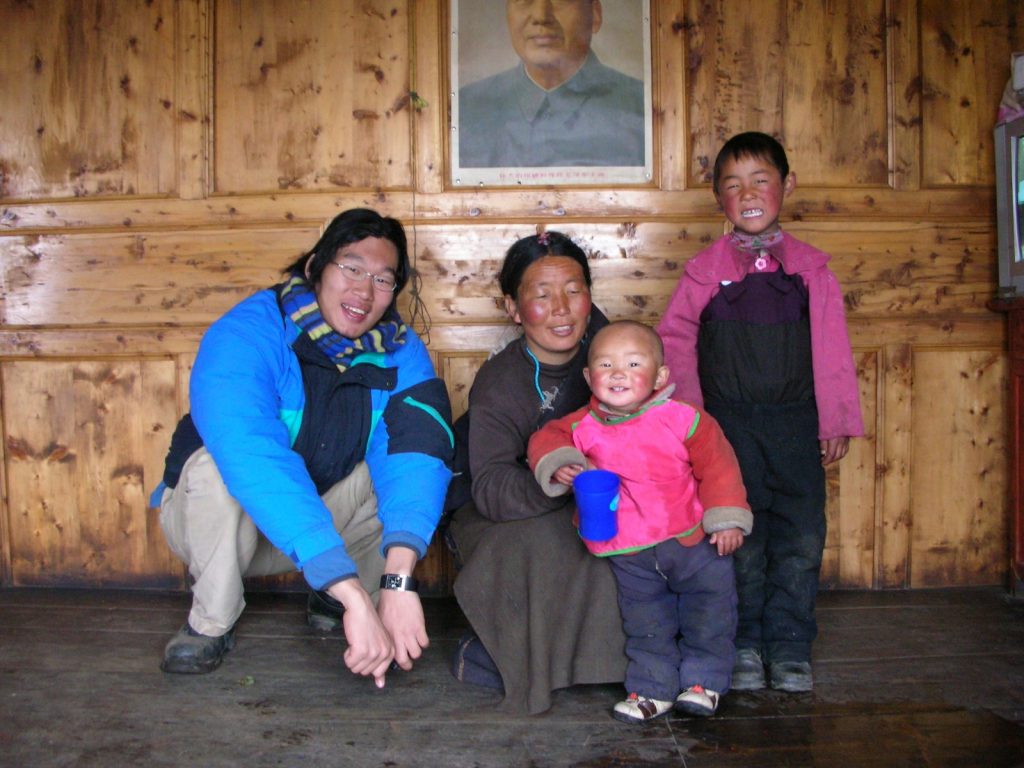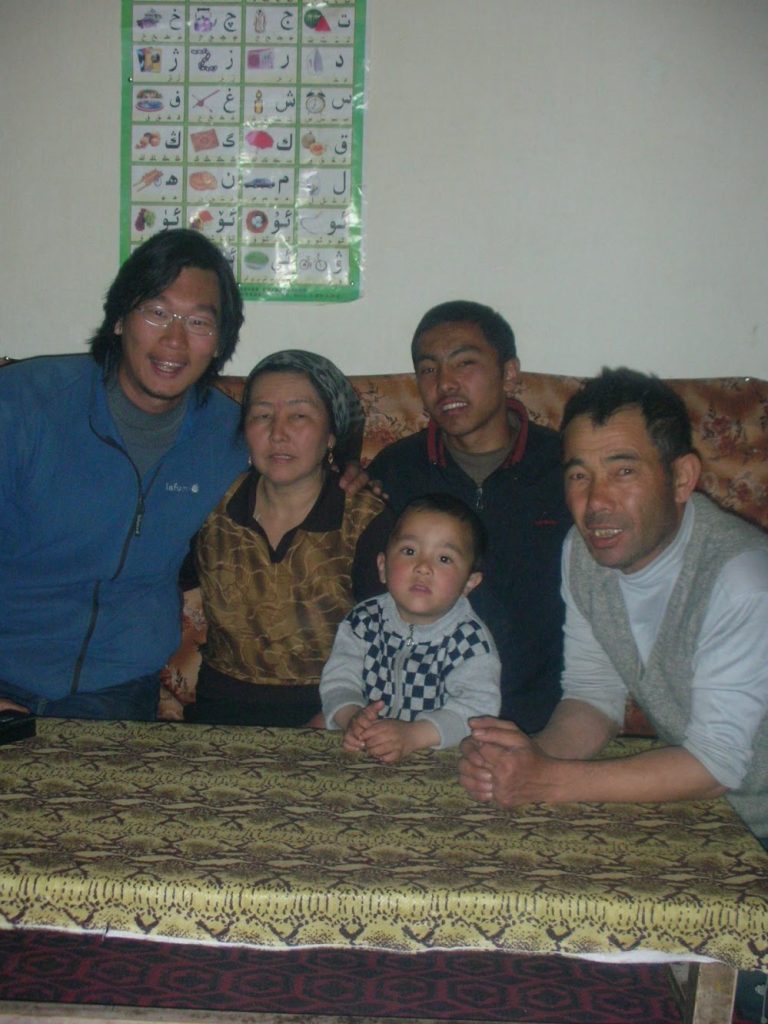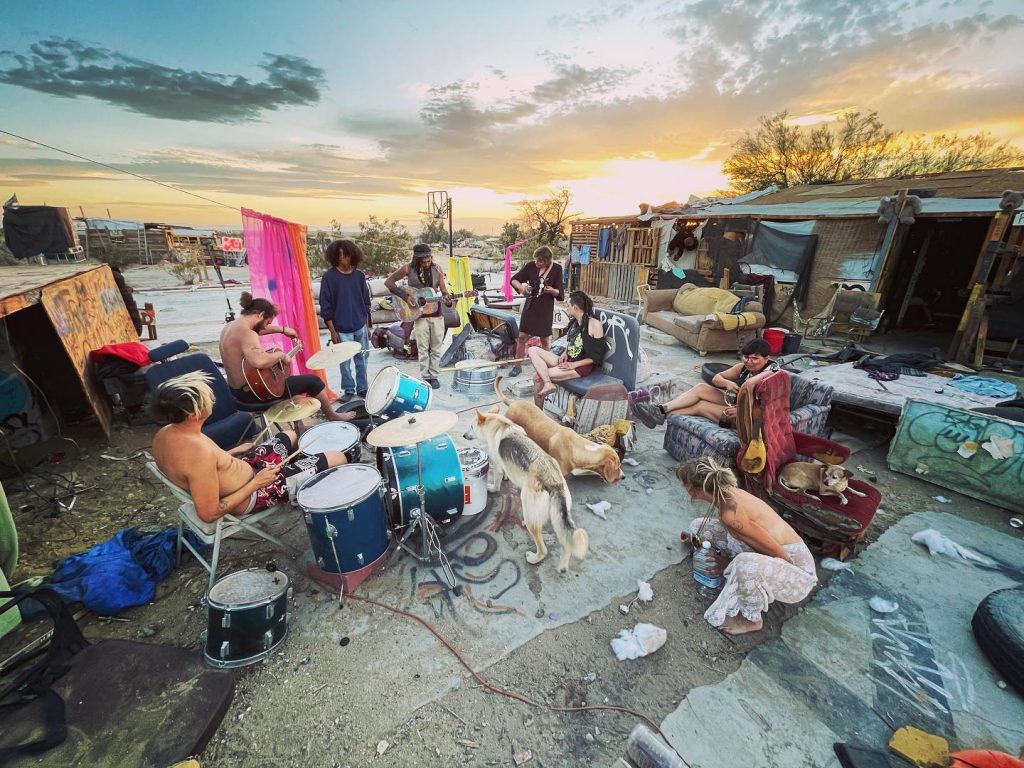Immigration has become a hot topic in the past year. But thus far, the discussion has mainly been centred around foreigners that choose to come to Singapore. But what about the other side of the picture? In this ‘Singaporeans Abroad’ series, we share with you the stories of locals who—thanks to living in a globalised world—have found success in different corners of the globe, whether financially, romantically, or for the pure joy of adventure.
Recently, we brought you the insurance agent who gave up her career to be a digital nomad, and the swimwear designer who left Singapore for the surf life in Bali.
Now, we bring you Gary Teh, the NUS graduate who got arrested in Xinjiang when backpacking with other Singaporeans in China. After which, he settled back in Singapore—but couldn’t get the taste of adventure out of his mouth. So he set off again, but this time for a trip that has no end in sight yet.
A few years ago I was in the US working for a social network. I was creating systems used by African governments as a part of China’s belt and road initiative. The belt and road initiative is a project in which the Chinese government invests in building infrastructure in many African nations. It is very contested, and has stirred up a lot of controversy over the years. In some countries, the media says the initiative is uplifting Africa, while in others, it is seen as a ‘debt trap’ or modern colonialism.
From the US, I couldn’t tell what the reality on ground was. Eager to find out the truth, I decided to leave my job in 2018 and go to Africa to see for myself. Because I have always been fascinated with learning about how global news headlines impact global markets and politics, this was my chance to investigate first hand. I have also always been passionate about investigating how misinformation spreads, because I can see how news is going through a crisis. I see my parents and many people around me get their facts from questionable sources, and I’m on a mission to end that.

Up close with a giraffe in Nairobi, Kenya. 
A Chinese shop keeper in Ethiopia.
Taking this leap was a difficult decision to make. On one hand, I was considering everything I had built and was familiar with for five whole years. On the other hand, there was this great unknown, the continuation to my path which took a pause when I arrived in the US for the first time.
So I started in Egypt, and travelled down the East Coast to South Africa.
Before leaving, I built an engine that pulls all the different headlines from around the world, and tracks how they impact the stock markets and political climates. It basically tells me what people are talking about in different parts of the world, and the implications of these issues.
In Africa, I put this egine to the test. What I saw for myself, is that the way Asia was covering the belt road initiative was pretty correct—meaning that for development, it was working.
In the west, it’s being criticised as a new form of colonialism, which I also witnessed. But I would say it came as a by-product rather than an intentional goal. For example, I saw a lot of Africans speak fluent Mandarin and look up to their Chinese bosses there.
As I travelled I would tweak the engine to learn how to pick up what headlines were a true reflection of on ground sentiments, and which were coming fabricated.
When the Coronavirus broke out in 2020, I witnessed the relationship between news and the market in real time. For example, starting from February, every time there were spikes in COVID headlines, the SPY index would go down, and vice versa.
When the WHO announced a pandemic, I went back to the US. In California, my landlord asked me to quarantine for two weeks before coming back home. Because hostels and hotels were closed, I took my car and went to camp by the beach for the duration of the quarantine—and it actually worked.
So I stopped renting, I modified my car, and turned it into a home—I installed solar panels, modified the windows for privacy and installed a fridge. For the next 9 months I drove across the US, starting up north, to Washington, and down to Florida. I was using my engine to track COVID headlines and to compare the realities on ground. It was very interesting to see how I would be in one state where there was widespread panic about the pandemic, then I would drive over into a state like Idaho or Montana where COVID wasn’t a reality at all, and I would get weird looks for wearing a mask.

Wadi Rum, Jordan. 
All my belongings.
While most Singaporeans would find my life filled with constant travel unsustainable, I think I’ve always had it in me. Up until I finished school, I had a pretty standard life. I was playing for the national basketball team, went to St Andrew’s Junior College, and then NUS for Computing. But it all started after I graduated university when I decided to take a trip with a friend to China.
It was supposed to be a short getaway with some Singaporeans in China, but I remember thinking at one point, “Is there a point in rushing back to Singapore?”
So I hopped on a bus and kept travelling north-west.

I made it to Tibet, where I realised I was the only tourist in sight. Right after I left, the Tibetan uprising happened. At that point I had made it to Xinjiang, but the military presence started spilling over to there too. I remember wondering why there were so many military soldiers walking the street with their helmets, shields and bullet proof vests.
I got to know some Uighurs and they invited me over to their house. They were telling me how they had started seeing police drag people off the streets and lock them up. This was in 2008, so it might have been the very beginning of the current Uigher reeducation camp issue.
One day when chatting on the side of the street with some Uighurs I met, an undercover cop came to question me about why I was in Xinjiang. He dragged both me and my friend to jail. After waiting two days for the chief inspector to come back into town, he interrogated us, before luckily letting me continue on my travels. I guess having a Singaporean passport made me pretty lucky then.
Unfortunately, I never managed to get in contact with my friend. I think the worst might have happened.

When I was freed, I continued my travels to Turkey and Europe, before coming back to Singapore during the asian financial crisis. It took a few years, but I eventually set up a consulting business and was making between 20 and 30k a month. A few years in I thought to myself, “Is this it? Am I just going to make a lot of cash and have no time for anything and have no soul?”
So I told my team that after we finished up the current projects we were on I would leave, and I told my parents I would go travelling again. Eventually, that led me to the US, where I was working with the social network.

While I love Singapore, I don’t think I would ever get to my current exploration from there. The stimulus I have come in touch with in different countries has formed me in many ways, and that is just not present there. It’s a nice country, it has good leadership and it’s a hub, but it’s very sanitised.
For example, one place that inspired me was Slab City, in California. It’s a city of nomads in the middle of the desert. But it’s only possible that it exists because there’s such a huge piece of desert no one cares about, and that can’t be replicated without those circumstances.
That is one thing I have learned visiting so many countries, is that when you have a lot of resources relative to the population, the population doesn’t need to ply themselves so hard to meet the margins. But when your only resource is humans, the max human effort is needed.
Do you know any Singaporeans with interesting experiences abroad? Let us know at community@ricemedia.co. And if you haven’t already, follow RICE on Instagram, Spotify, Facebook, and Telegram.









